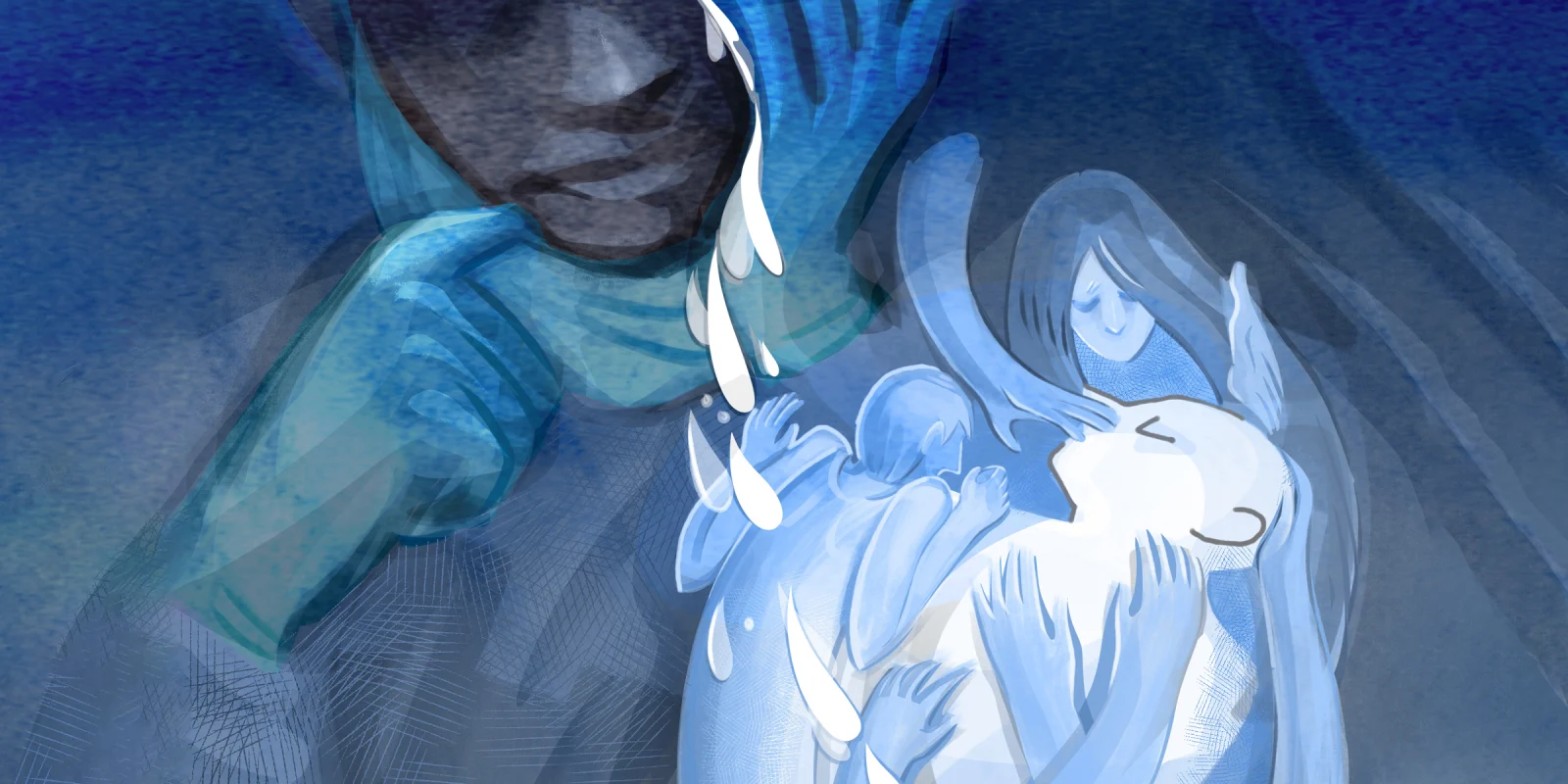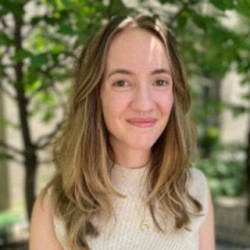I am meeting my patient’s daughter for the first and only time in our ED family room. EMS had brought in her father in cardiac arrest an hour before. We had coded him for what felt like an eternity — until we called time of death. I walk into the family room and see her sitting down, still wearing her winter coat. I sit and tell her we did everything we could to save her father, that we were unsuccessful. That her father is dead. Her face is wet with tears. She says her father hadn’t been feeling well the last few days, that he had missed his dialysis yesterday. She explains to me that she is his primary caregiver, and the strong responsibility she felt for him. She asks me if this is why he died — his missed session. If she is at fault. If she has killed him.
She will always remember me as the person who told her that her father is dead.
A month later, I am on vacation out West — precious free time away from my second year of emergency medicine residency. Hiking shoes on, out of the hospital, my identity as a doctor is hidden. The sky is wide, the morning is icy and fresh, thick with mist near the ground.
Out here I am not a doctor. I am not in health care. I’m not thinking about the code I saw last month. Not thinking about the burnout I’ve been experiencing, the difficulty I’ve been having recently with the emotional consequences of witnessing so much death and dying. I could be anyone, just a normal person. I am listening to the wind in the leaves and watching the sunrise.
It feels strange to say that I feel different than people who don’t work in medicine, but I do. Sometimes, when I’m walking down the street in Chicago, I look around and think of how many sick and dying people I’ve seen. I’ve wondered how many people around me have had the same experience. It changes us — there is no way that it couldn’t. Seeing so much death, running codes, witnessing and performing invasive and brutal acts in ways to revive people.
Chest tubes, intubations, thoracotomies. Scalpels, blood, chest compressions, ribs cracking under our hands, blood pouring out of mouths during intubations for massive gastrointestinal bleeds. Watching people get their chests sliced open.
Even seeing one of these events is a jarring experience. And we see them over and over again to the point that it becomes routine. We still feel, we are still shocked, but we compartmentalize. We push it down.
But when we leave work, it’s hard to forget. I’ve looked at people’s faces and necks on the train and wondered if they would be a difficult intubation.
I run into a middle-aged woman who, like me, is waiting in line for the showers at the campground. “It’s so funny,” she laughs, “my husband and I just bought a brand-new RV — but get this, the hot water is broken.” She reminds me of my mother, also in her mid-60s, puffer jacket zipped up to her chin in the morning cold. The woman’s short blonde hair is tucked behind her ears. “We’ve been planning this trip for years; we were celebrating his cancer remission.”
We turn to look at each other. I am completely awake now. I say nothing, waiting for her to continue. I have felt this tension before, back in the ER. She has something she needs to tell me, a story that has to get out. There is an urgency to her words. I could be anyone here right now on this bench. It doesn’t matter who I am, she would still need to tell this story.
“The day we bought the RV we found out his cancer was back.” She sags suddenly, her eyes deep. My stomach sinks.
“I just retired,” the woman says as she looks down at the towel folded neatly in her lap. “I’m only 65 — I thought I’d spend the rest of my life with him. We had so many plans.” I wonder if she is thinking, did they miss their chance?
The same morning is around us, but it’s different. I am out of place on this bench with this stranger, yet somehow I feel right at home. Back in the emergency room, sitting on a chair next to a patient on a stretcher. Breaking bad news — a CT with unexpected metastatic cancer, worsening respiratory status requiring intubation, or a horrible trauma with a brain bleed — listening to their confused and anxious questions.
I tell her that I’m a doctor. Her face opens up. She knows that I understand what she’s saying to me, the subtext and fears she can’t bring herself to say out loud: This is our last trip together isn’t it? I tell her how glad I am that they decided to still take this trip. I tell her that I’m glad they have this time with each other, even though it’s not enough.
A shower opens up, the moment has ended. We say our goodbyes. I’m a doctor again. I’m a different person than I was minutes ago, absorbing some of the burden she shared. I’ll never know this woman’s name, I will never see her again. I will never hear the ending of her story. But I can guess how it ends. I’ve seen that ending many, many times since I began residency. Sometimes I think it would be better not to know.
How have your experiences working in medicine shaped who you are? Share your thoughts in the comment section.
Dr. Halloran is an emergency medicine physician currently completing residency in Chicago. She works and writes at the intersection of health policy, inequality, and education, and her research and writing has been featured by the American College of Emergency Physicians and by Slate. She can be found on Twitter at @Diana_Halloran. Dr. Halloran is a 2022-2023 Doximity Op-Med Fellow.
Illustration by April Brust







